Things Fall Apart
In a land where tradition sings through drumbeats and ancestral fire, Things Fall Apart follows Okonkwo, a fierce warrior haunted by fear of failure and consumed by a need to escape his father’s shame. As colonial forces creep into the Igbo world, bringing both alien faith and foreign rule, the fragile balance between honor and change begins to crack. Through stark prose and lyrical intensity, the novel confronts a painful paradox: when the old ways falter, is it strength or surrender that preserves the soul? What happens to a man—and a people—when the pillars of their world begin to crumble? Achebe crafts a haunting elegy for a culture on the cusp of dissolution, where dignity and downfall are bound in the same breath.
- Originally Published: 1958
- Publisher: Penguin Books, 1994
- Genre: Novel
- Pages: 209
- Book Type: Hardcopy
- ISBN: 9780385474542
- Access: Members
Description
“A true classic of world literature . . . A masterpiece that has inspired generations of writers in Nigeria, across Africa, and around the world.” —Barack Obama
“African literature is incomplete and unthinkable without the works of Chinua Achebe.” —Toni Morrison
Nominated as one of America’s best-loved novels by PBS’s The Great American Read
Things Fall Apart is the first of three novels in Chinua Achebe’s critically acclaimed African Trilogy. It is a classic narrative about Africa’s cataclysmic encounter with Europe as it establishes a colonial presence on the continent. Told through the fictional experiences of Okonkwo, a wealthy and fearless Igbo warrior of Umuofia in the late 1800s, Things Fall Apart explores one man’s futile resistance to the devaluing of his Igbo traditions by British political and religious forces and his despair as his community capitulates to the powerful new order.
With more than 20 million copies sold and translated into fifty-seven languages, Things Fall Apart provides one of the most illuminating and permanent monuments to African experience. Achebe does not only capture life in a pre-colonial African village, he conveys the tragedy of the loss of that world while broadening our understanding of our contemporary realities.

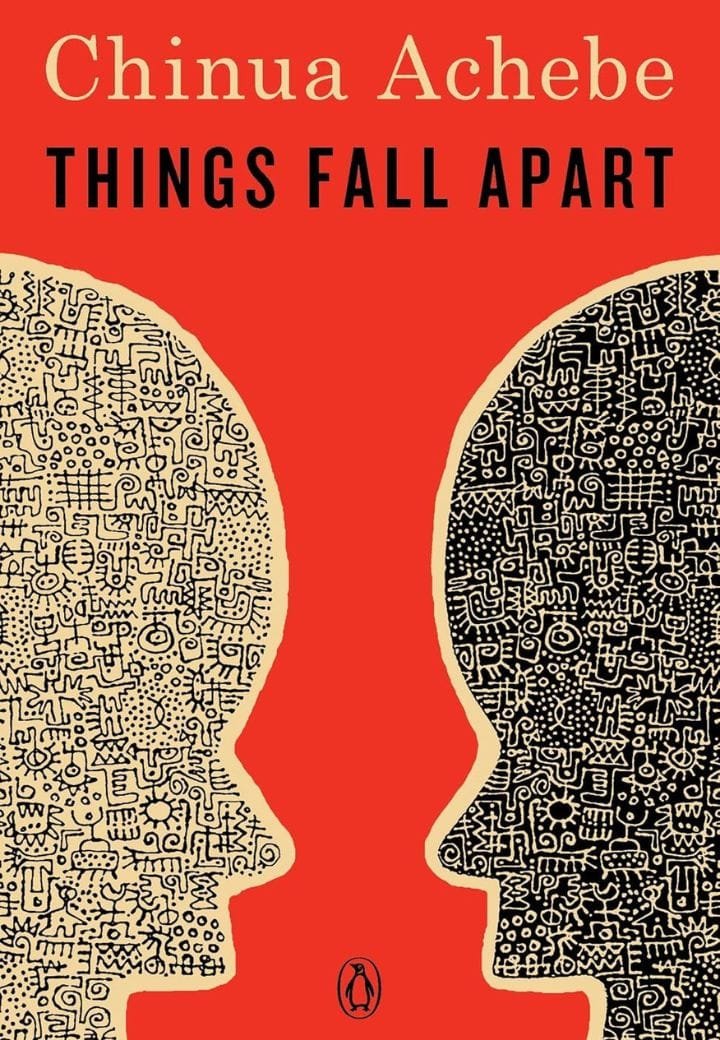
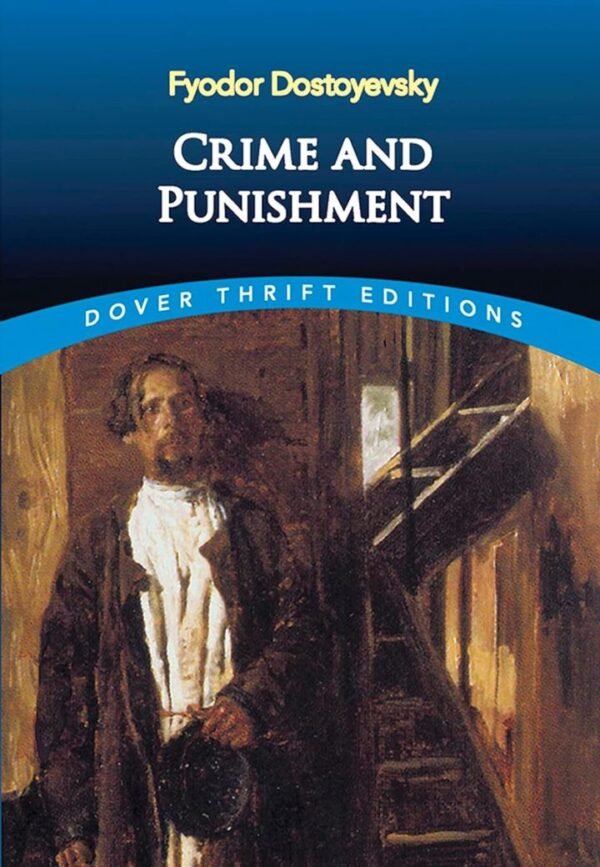
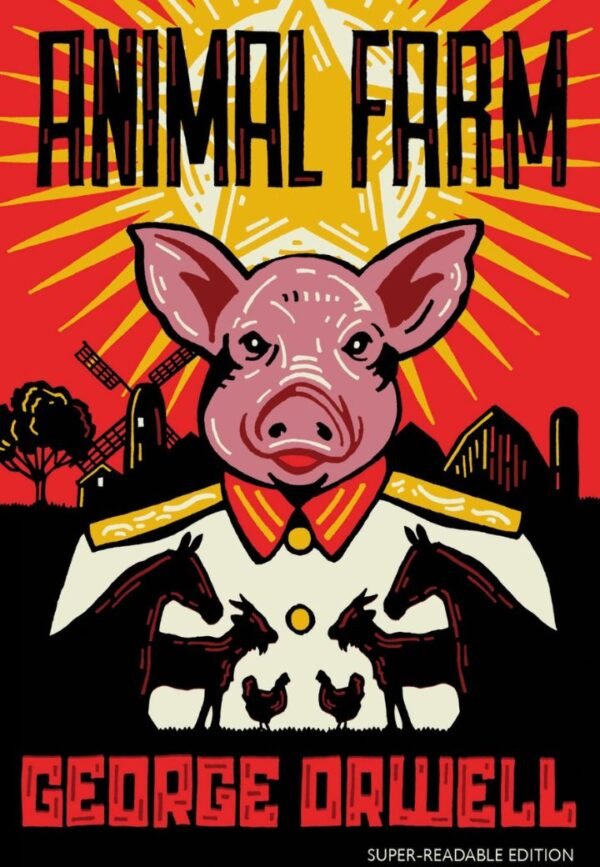

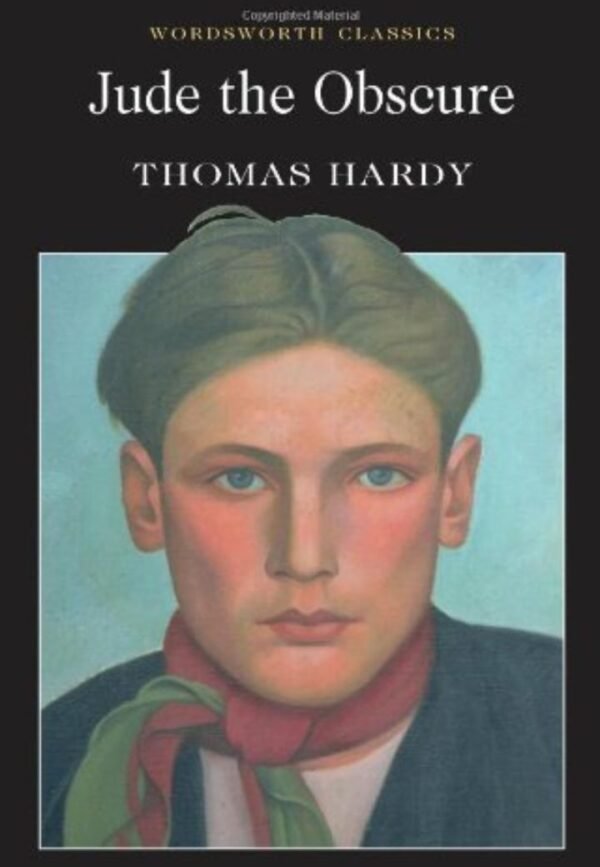
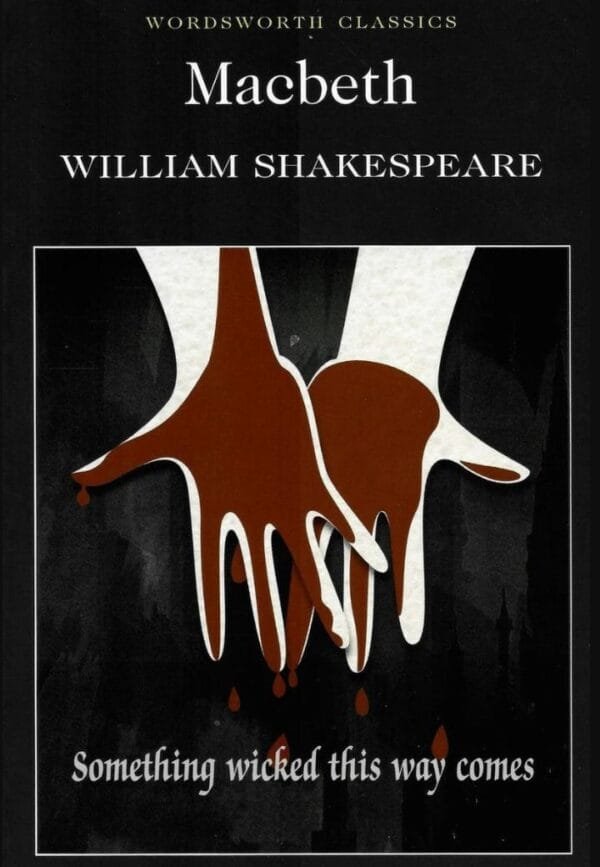
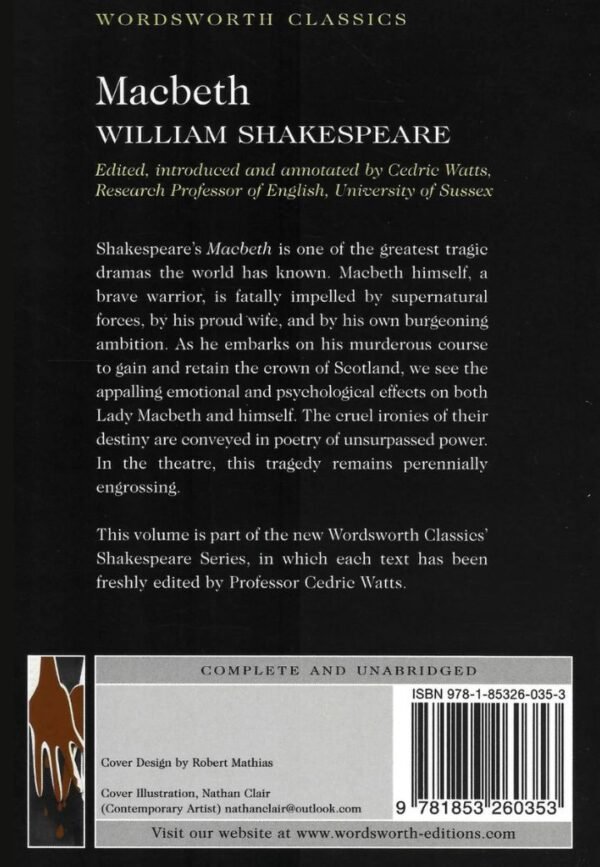
Reviews
There are no reviews yet.